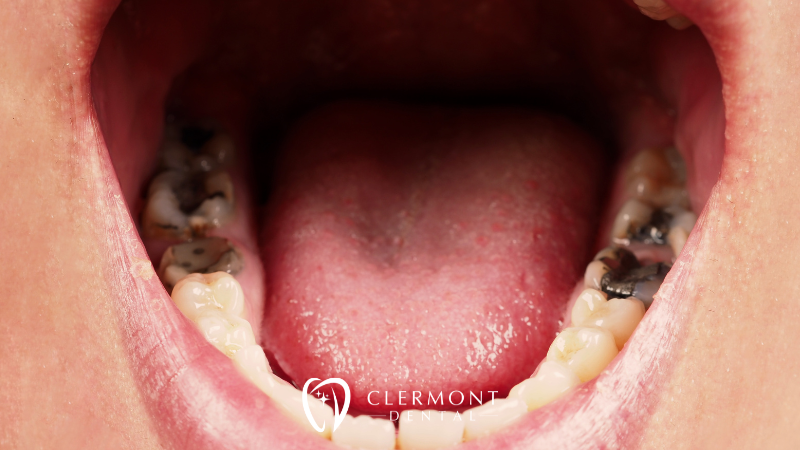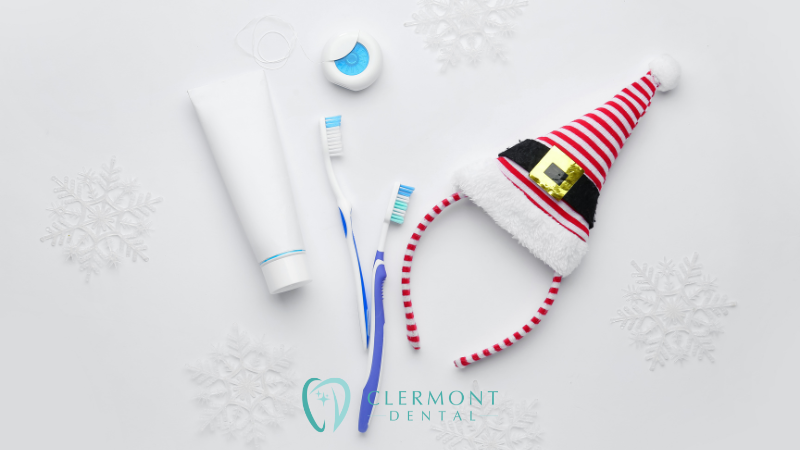The Secret to Sleep
Sleep is as essential to one’s survival as food and water are! Yes, you read that right, SLEEP. Sleep is important for the health of adults and particularly children & adolescents. Research, technology advancement, and the establishment of sleep medicine have all made it possible for us to determine and know-how we benefit from a good night’s rest and how insufficient sleep affects our development. You’re probably wondering how that has anything to do with dentistry but give us a few minutes of your time, and we’ll explain how it’s right up our alley.
The natural temporary state of rest known as sleep, allows the body and mind to recharge. Not only does it restore the body’s energy, but also allows for critical biological processes to take place such as cell repair and muscle rejuvenation. Without enough sleep, both the body and brain cannot function properly. This is due to the fact that many of the major restorative functions in the body like muscle growth, tissue repair, protein synthesis, and growth hormone release occur mostly, or in some cases only, during sleep. The Human Growth Hormone (HGH) is produced by our brain’s pituitary gland and governs our height, bone length, and muscle growth. The majority of HGH is released in pulses when you sleep. HGH helps build our bones & muscles which includes the jaw bone.
Airway & Bone Development
By 6 years of age, jaws are almost 80% of their adult size, with most of the growth occurring in the first 4 years. The development of the bones of the face results in better jaw alignment, improved head posture, and the strengthening of the muscles for swallowing and breathing. When improperly positioned, your jaw reduces the size of your airway. This can lead to bad habits, like mouth breathing. Children & adults with untreated mouth breathing can experience lifelong respiratory problems.
Now when we consider the number of adults, adolescents, and children that aren’t getting enough sufficient or quality sleep, we can’t help but be concerned. We live in a world where sleep deprivation goes unnoticed, and its side effects are often pushed aside or misdiagnosed. Everyone is busy and concerned with trying to survive or making ends meet. There’s no time to stop and think if you had enough sleep or if the amount of sleep you had, can even be considered as healthy quality sleep. Perhaps as research reveals more, societal attitudes about quality sleep and common sleep disorders will change.
Quality vs Quantity
Quality sleep is an achievable goal and we want to help you get there! So what if we told you that the only thing stopping you from achieving quality sleep is how you breathe at night. Breathing is something we do naturally, however, the type of breathing you carry out during sleep greatly affects the quality of your sleep. Nasal breathing increases nitric oxide production in the sinuses, which has been linked to reduced inflammation, improved sleep, improved memory, appropriate growth and development, and an overall increase in immune system function. Whereas mouth breathing bypasses the nasal mucosa and makes regular breathing difficult, which can lead to snoring, breathing irregularities, and sleep apnea i.e. poor quality sleep.
What does poor-quality sleep look like?
Poor quality sleep is a sleep that is not restful or restorative, and there is a number of things that could be contributing to your poor sleep quality. Some potential causes include poor sleep hygiene, stress, sleep apnea, another chronic health condition, or a sleep disorder. Nevertheless, when we consistently fail to get quality sleep, it shows and affects us greatly. You may be wondering how it shows, rest assured we have the answer. There are subtle symptoms that we at Clermont Dental are trained to observe and detect. Then there are more evident symptoms that you yourself or a loved one can or have already detected. For example, you may be stressed, angrier than usual, or emotionally exhausted when you don’t get quality sleep. One could sleep for up to nine or more hours but still wake up tired whereas one who gets six hours of quality sleep wakes up feeling energized and more alert. There is a blatant difference and we have to be aware of that.
If you think you’re getting poor sleep, consider whether you possess any of these tell-tale signs:
- You take longer to fall asleep (More than 30 minutes)
- You wake up more than once per night (2-3times)
- When you wake up in the middle of the night, you’re awake for more than 20 minutes
- You spend less than 85% of your time in bed asleep.
- You constantly feel tired
- You have difficulty concentrating during the day even after caffeine intake
- You feel hungry more often, especially for junk food, and gain weight.
- You’ve been diagnosed with insomnia.
How to know for sure!
Your journey toward healthy quality sleep begins with a comprehensive sleep wellness assessment which will include a complete health history, a series of photographs and measurements, and a home sleep study using advanced biometric measuring technology from Vivos. We want you to have quality sleep; schedule a screening with us today and be one step closer to having a clearer airway and better night’s sleep.
Click this link to schedule







